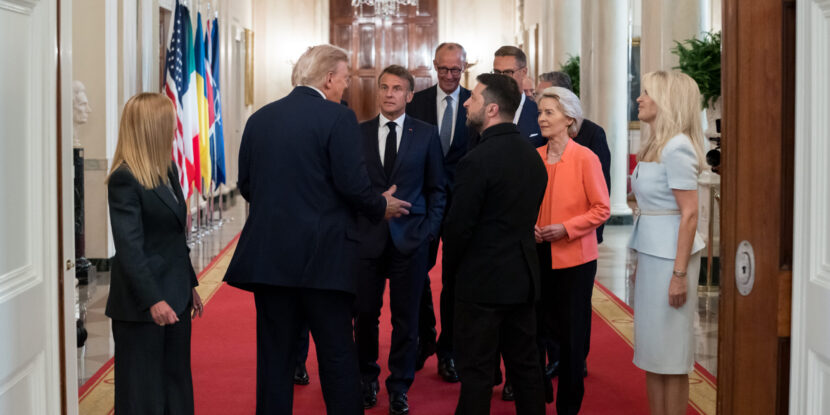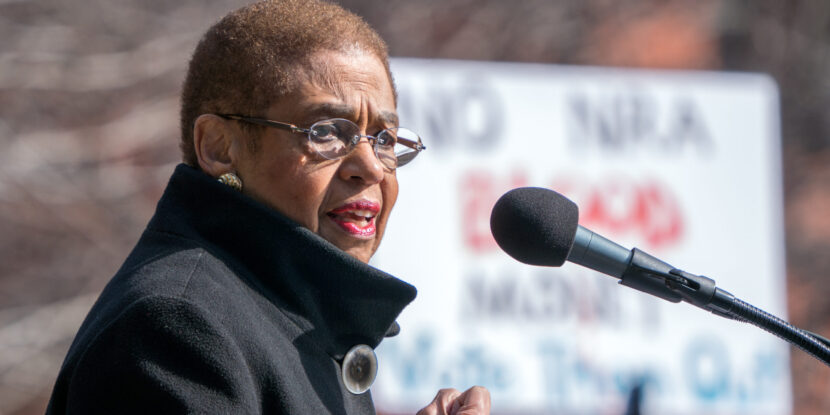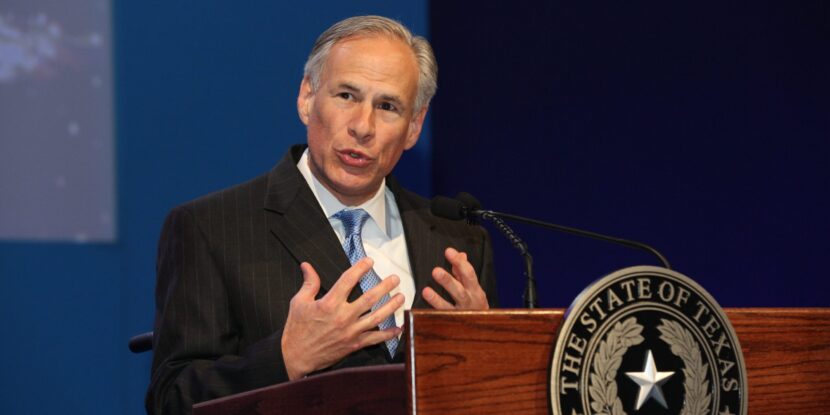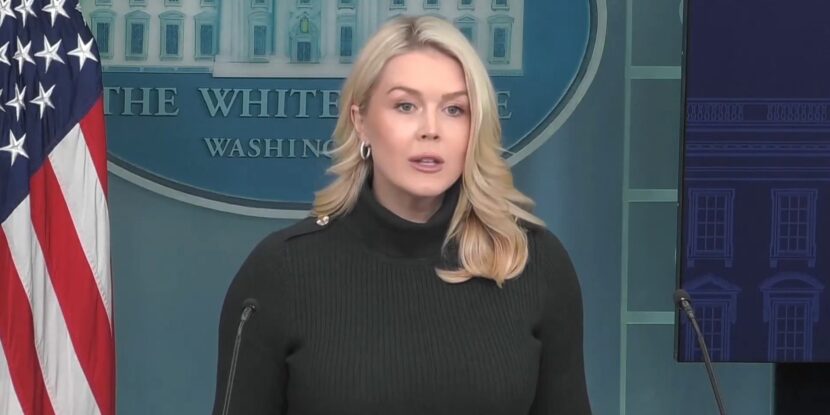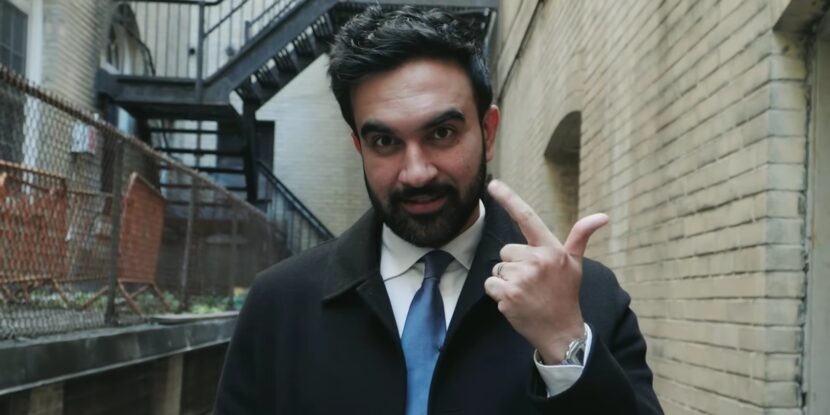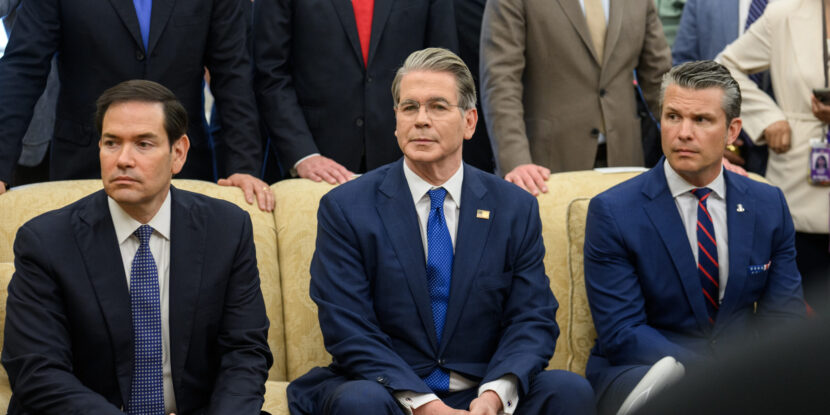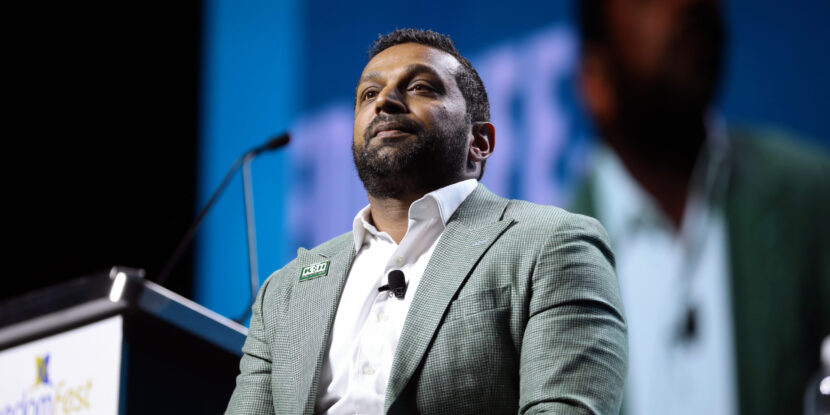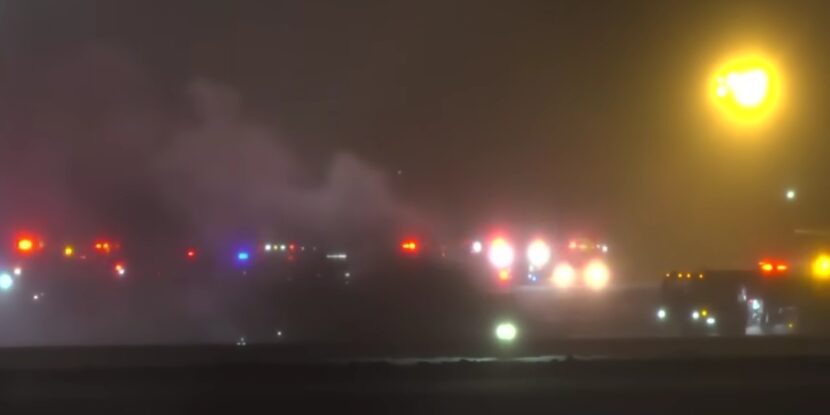❓WHAT HAPPENED: President Donald J. Trump is considering imposing sanctions on European Union (EU) officials over claims they are censoring Americans through the EU’s Digital Services Act (DSA).
👤WHO WAS INVOLVED: Donald Trump, the U.S. State Department, European Union officials, and tech companies.
📍WHEN & WHERE: Discussions are ongoing in the U.S. and EU.
💬KEY QUOTE: “We are monitoring increasing censorship in Europe with great concern but have no further information to provide at this time.” – U.S. State Department spokesman.
🎯IMPACT: Potential visa restrictions on EU officials, heightened tensions between the U.S. and EU, and scrutiny of freedom of expression policies.
President Donald J. Trump is reportedly considering a range of sanctions, potentially including travel bans, targeting European Union (EU) officials over the EU’s Digital Services Act (DSA) censoring American voices online and increasing operational costs for U.S.-based tech companies. Sources say the Trump administration is reviewing possible visa restrictions as part of its response strategy.
The Digital Services Act, which came into effect to regulate major online platforms, obliges tech companies to implement censorship regimes, targeting not only clearly unlawful content such as child sexual abuse material but also so-called hate speech. The Trump administration argues that the law imposes excessive constraints on free expression, impacting American users and firms.
In February, U.S. Vice President JD Vance sharply criticized European governments for democratic backsliding and suppression of political speech. The State Department’s annual Human Rights Practices report also flagged instances in Europe where laws against “hateful” or “offensive” speech were curbing political expression.
Vance has not only criticized the EU’s actions, but also the United Kingdom’s. During a visit to Britain earlier this year, he confronted Prime Minister Sir Keir Starmer directly over the Online Safety Act, warning it infringes on civil liberties. “It is the job of the United States to stand up for free speech,” Vance said in a February interview, warning that both the European Union and the United Kingdom were on a “dangerous path” toward regulating speech in ways incompatible with democratic norms.
Join Pulse+ to comment below, and receive exclusive e-mail analyses.
